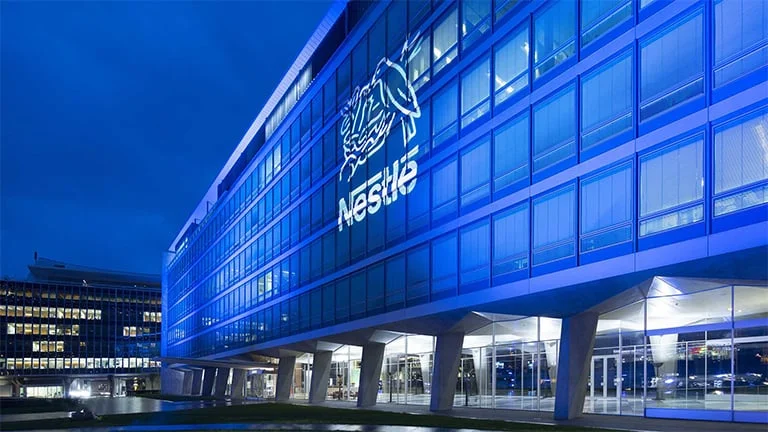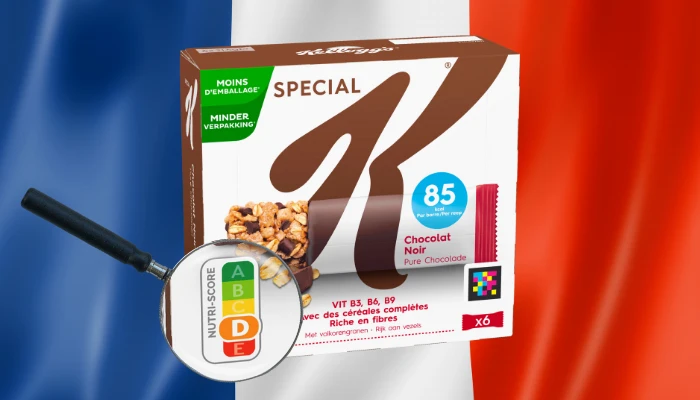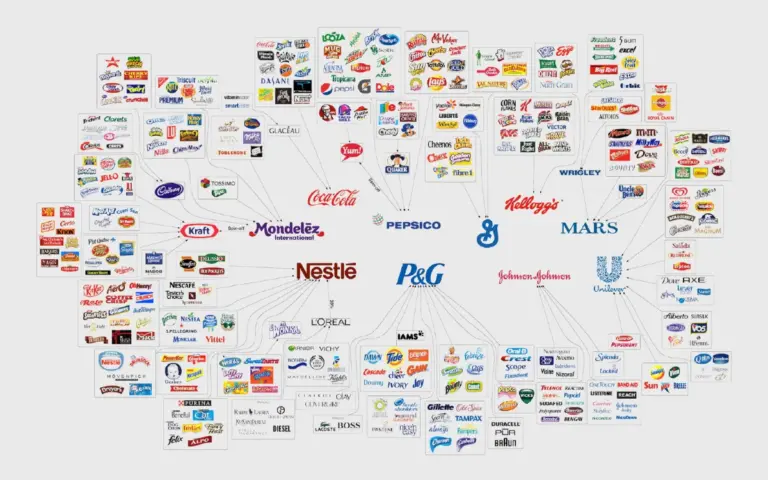At its recent annual meeting, Nestlé, the largest consumer goods company in the world, successfully countered a shareholder proposal aimed at reducing the high levels of salt, sugar, and fats in its products. Despite the push for healthier product formulations, only 11% of shareholders supported the initiative, while a substantial 88% sided with the company’s current strategy.
The proposal, driven by concerns over public health and the reputational risks associated with selling indulgent foods, was spearheaded by the campaign group ShareAction and supported by five institutional investors managing assets worth $1.68 trillion.
These included prominent names like Legal & General Investment Management. Recent findings by the University of Oxford and the charity BiteBack highlighted that approximately 70% of Nestlé’s UK sales comprised products high in unhealthy ingredients.
Simon Rawson, Deputy Chief Executive of ShareAction, expressed a resolve to continue advocating for change, stating, “While the vote we achieved today may be less than we wanted, the direction of travel is clear. Investors and consumers are recognizing the importance of addressing the business risks and public health impacts of an industry that is heavily reliant on the sales of unhealthy food.”

Nestlé, known for brands such as KitKat, Yorkie, and Quality Street, defended its product range. The company argued that 60% of its sales, excluding pet food, came from “more nutritious or specialized nutrition products,” with only 21% of its portfolio dedicated to indulgent foods. Paul Bulcke, Chair of Nestlé, emphasized in a video message (video below) that the company values consumer choice and responsible indulgence. “A small group of shareholders led by the NGO ShareAction wants us to disengage from indulgent products. This is wrong. It will restrict Nestlé’s strategic freedom and limit management’s ability to make responsible decisions,” he stated.
Watch Nestle's Chairman Repond
In response to ongoing discussions about health impacts, Nestlé had previously set a nutrition target for 2030 to increase sales of “more nutritious” products. However, ShareAction criticized this target, arguing that it merely aligned with overall growth forecasts and didn’t commit to reducing sales of unhealthy products, which could potentially increase at a similar rate.
The campaign group also noted that the target included items like coffee, which have no nutritional value, highlighting a lack of substantial commitment to nutritional improvements.
This resistance from Nestlé reflects broader challenges within the food industry to balance consumer health with business interests, amidst increasing scrutiny from investors and the public over the impacts of dietary choices on health and well-being.




















